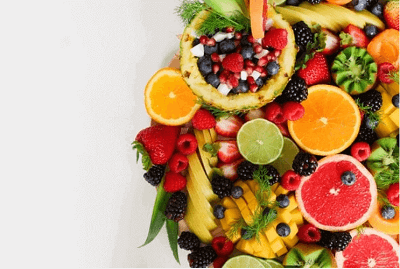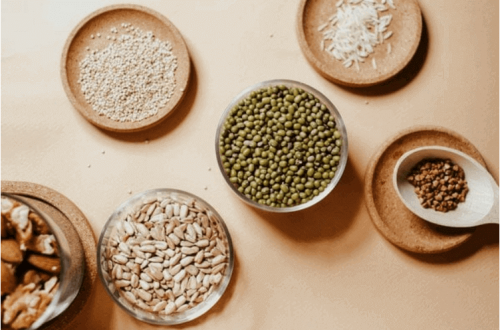The human body needs energy to perform everything from its most basic functions, like breathing, to the most complex ones, like creating new life. Our energy source comes from eating foods we know as carbohydrates, proteins, fats, and our beloved vitamins. During pregnancy, women go through some energetic, metabolic, and bodily adaptations. At this time, there is an extra energy need to support the extra weight that will be used as energy to generate and nourish the baby. In other words, the pregnant body experiences a large increase in various demands, especially nutritional ones. However, this group ends up being more susceptible to nutritional deficiencies because, most of the time, they are unable to meet this higher need. There is also a greater risk of insufficient micronutrient intake, in this case, the vitamins, whose demands increase relatively more compared to energy needs. This can negatively impact the pregnancy, both for the mother and the baby. Check out below which vitamins should not be missed during your pregnancy!
Vitamins: their function and where to find them
Vitamins are essential substances for the proper functioning of the body, as they are critical for maintaining a healthy immune system, ensuring proper metabolic function, and promoting growth. Specifically, during pregnancy, these elements are responsible for the proper development of the child, as well as for preventing the mother from developing any illnesses during pregnancy, such as anemia and bone loss.
- Vary your menu as much as possible;
- Choose fresh and organic foods;
- Reduce your intake of processed and industrialized foods;
- Reduce consumption of foods that may contain large amounts of fats, sodium, dyes, and preservatives.
Many women refuse to take vitamin supplements because they think it can lead to weight gain; however, vitamins have no calories and so there is no such risk.
Essential vitamins for an uncomplicated pregnancy
Now that you know what vitamins are and how essential they are for a safe pregnancy, we will explain which ones you should pay special attention to, and which even need to be monitored by a healthcare professional.
The most important vitamins that should be monitored during pregnancy, ideally during prenatal care, are: iron and folic acid. That’s why we’ll address them first.
Folic Acid (Folate) Although folic acid is widely found in foods, dietary intake of this nutrient is generally insufficient, especially in pregnancy, when nutritional needs are higher. Folate is a very important nutrient for the development of the baby’s central nervous system, especially the brain and spinal cord. Lack of this nutrient can cause anemia in the mother, affect placental rupture, restrict intrauterine growth, and cause preterm birth. In addition to eating foods rich in folic acid, it is also highly recommended that the pregnant woman go through prenatal care and have supplementation and monitoring of this nutrient. The World Health Organization, in fact, recommends that this measure ideally be started even before conception. Some foods rich in folate: dark green leafy vegetables, for example, kale and spinach; citrus fruits; grains and seeds; avocado; nuts and Brazil nuts. Iron (Fe) Iron is a key nutrient for transporting oxygen through the blood, as well as supporting the immune system and contributing to cognitive development. Iron deficiency can cause iron deficiency anemia, a common and more frequent disease in females, especially during pregnancy. This condition can increase the risk of maternal mortality, low birth weight, and also the incidence of preterm birth. For these reasons, this vitamin should be monitored and, in some cases, supplements can be taken as a protective measure. Iron-rich foods: red meat (beef); whole grains (quinoa, oats, wheat); egg yolks; dark green leafy vegetables (spinach, arugula, broccoli, watercress).















